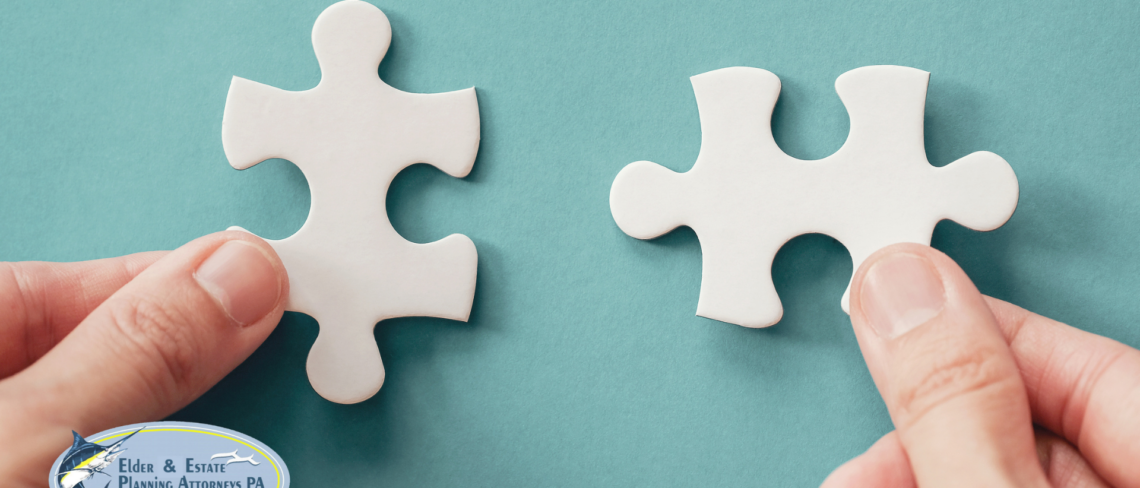Do you have a loved one with autism? Planning for the future of your loved one is not a task to take lightly, or to begin without careful planning. The specific needs of autistic individuals can vary greatly depending on the severity of their autism and many people with autism need assistance throughout their entire lives.
We firmly believe that the key to planning for a loved one with autism is to begin early. When caring for your loved one with autism as either the parent, grandparent, or sibling, part of your role is to make sure there is a solid legal, financial and medical foundation in place.
In our firm we work with the families of autistic loved ones and the challenges they face each and every day. We know it can be hard to start planning ahead for the future. And we know this type of estate planning is hard and it is definitely hard to think about a time when you may not be here to provide care yourself. We would like to help you start this process by answering some questions we often hear in regard to planning for your autistic loved one.
- Will I always have the authority to make decisions for my autistic child? No, not without planning. When a minor with autism reaches the age of majority in Florida, he or she becomes a legal adult. Even if his or her developmental, cognitive or mental disabilities are severe, in the eyes of the law your child will be deemed an adult. Without planning, you will lose your legal authority.
- My autistic loved one cannot safely make decisions at this time, what can I do? We encourage you to start making a list of what your autistic loved one can and cannot do. This list should also include medical, educational, financial, legal and vocational decisions and information. In addition, be sure to carefully assess his or her abilities to make rational decisions, choices related to self-care and to be able to communicate for him or herself. This is the starting point of what you will share with your Florida estate planning attorney as you begin to think about the authority you need as a part of the guardianship process.
- Is it possible for the Florida court to consider a less restrictive guardianship since my loved one can make some decisions? Yes, the court can. The key to guardianship is ensuring that your loved one is safe. Although you may be tempted not to proceed to obtain guardianship over your autistic child, we would encourage you to talk to your Florida estate planning attorney first. You do not want to be in the situation in the future where a decision needs to be made that requires legal authority, and you do not have it.
- Do I need a backup guardian? Yes, you should definitely discuss with your Florida attorney who can take over your guardianship role when/if you can no longer handle the responsibility. With your Florida attorney, you can create the legal documents you need together with a letter of intent. This letter is a document that will act as a roadmap for guardians and trustees to navigate medical, financial and legal decisions once you are no longer able to act.
- What is a special needs trust? There are different types of special needs trusts you can create for an autistic person. A key benefit of special needs trust planning is it allows the disabled person to not lose access to key government benefits, such as Medicaid and Supplemental Security Income (SSI). If your autistic loved one inherits directly, without a special needs trust in place, your loved one could be at risk of losing his or her benefits until the money received is spent down on his or her care.
The basic principle to follow in planning for a loved one with autism is to ensure he or she has enough support throughout the remainder of his or her life. Ensuring your loved one is taken care of, even when you can no longer be there to assist, is critical. Do not wait for a crisis to plan forward with your Florida estate planning attorney.
We know this article may raise more questions than it answers. Elder and Estate Planning Attorneys, PA, is a law office small enough to provide personal service but large enough to provide service in Jupiter, as well as Palm Beach, Martin, St. Lucie, and Indian River Counties in Florida. Our law firm will guide you through legal challenges involving elder law, estate planning, trusts, veterans benefits, real estate, and more. We encourage you to contact us and schedule a meeting with our attorneys.











